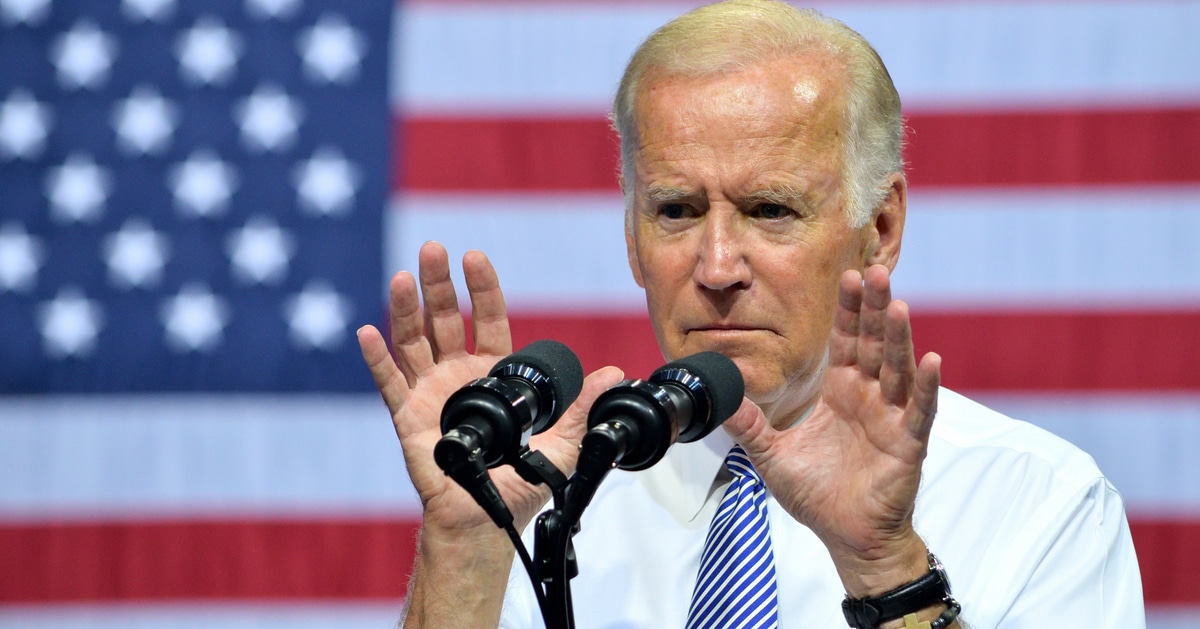




Recent revelations from leaked Supreme Court documents have ignited intense debates over the integrity of court proceedings according to Fox News.
The New York Times report on leaked Supreme Court documents unveils Chief Justice John Roberts' significant role in shaping politically sensitive cases, sparking concerns over the Court's internal confidentiality.
The series of leaks started with internal memoranda and detailed conversations at the Supreme Court, highlighting the influence wielded by Chief Justice Roberts.
Particularly, these documents shed light on his involvement in decisions related to former President Donald Trump and the January 6 rioters.
According to the leaks, Roberts influenced critical outcomes and authored the majority opinions on these high-profile cases. His approach involved last-minute, unexplained alterations in the authorship of opinions, a maneuver that has raised questions about transparency and decision-making at the court.
This event marks not the first breach of the Supreme Court's confidentiality. A prior incident involved the early disclosure of a draft opinion from Dobbs v. Jackson Women’s Health Organization, which led to the monumental overturning of Roe v. Wade in 2022. Such leaks progressively undermine the trust and sanctity traditionally upheld by the judiciary.
Amid these disclosures, there has been a push from Democratic lawmakers and the Biden administration to overhaul the Supreme Court's ethical landscape. This initiative seeks to address concerns aroused by the currently seated majority of justices appointed by Republican presidents.
James Burnham, a prominent legal expert, emphasizes the damaging consequences of these leaks, “I think it's enormously destructive to the court when people inside the court disclose to the press confidential memoranda...” His statement highlights the critical impact on the justices' ability to deliberate freely and candidly.
Burnham further adds, “It's destructive because the justices can't be candid with each other if they think that anything they say could end up in the New York Times.” This scenario impedes open deliberations, crucial for fair judgment and legal integrity.
He also suspects the leaks as efforts to tarnish the Chief Justice and other majority justices’ reputations, potentially motivated by political agenda.
Further complicating the discussion is John Shu's breakdown of the administrative role of the Chief Justice, noting, “Because he is the Chief Justice, he gets to assign opinions when he’s in the majority...” Shu points out the considerable power Roberts holds, which, combined with the leaks, might be seen as disproportionately influential.
Carrie Seveino, another legal analyst, addresses the potential motivations behind the leaks. She argues that the leaks seem aligned with a broader left-wing campaign against the Court, seeking to discredit its impartiality and integrity.
Seveino also expressed concerns over the political intentions possibly guiding the leaks, particularly aiming at influencing Roberts' stance in upcoming Court terms, especially under the specter of political changes, including a possible re-election of Donald Trump.
The repeated incidents of leaks at the Supreme Court have propelled the discussion about the need for comprehensive judicial reform. This encompasses not only the ethical guidelines that govern the justices' conduct but also the broader implications for justice and transparency in U.S. governance.
This context has catalyzed various legislative efforts aimed at reforming ethical standards at the Supreme Court, showcasing a critical consideration of the judiciary's role in a balanced and impartial democratic system.
As the situation develops, the legal community and the public alike are keenly observing the potential shifts in judicial practices and the impacts these might have on the landmark cases the Supreme Court will decide in the future.



